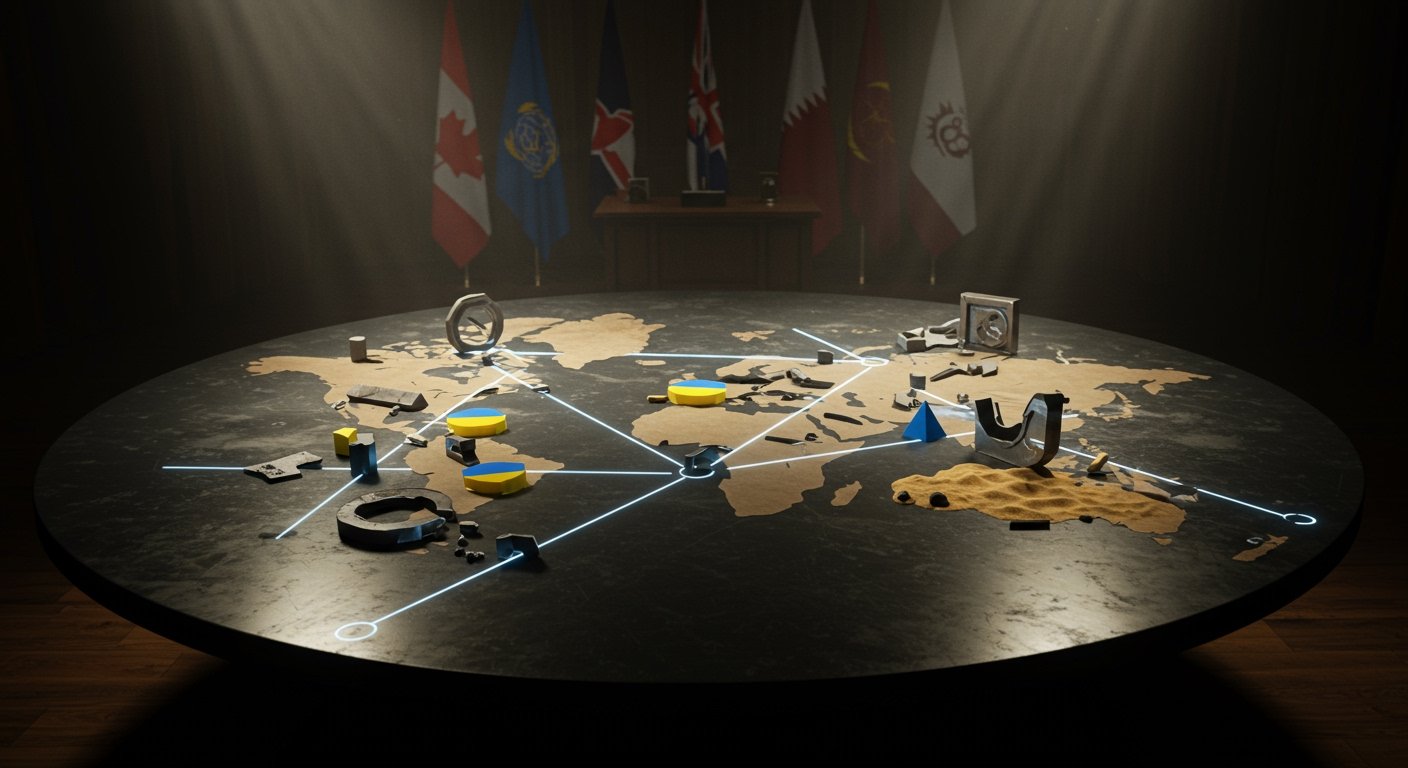In a move that underscores its commitment to energy security and economic pragmatism, India is maintaining its substantial imports of Russian oil, even as the United States imposes a steep 50% tariff on Indian goods.
The new tariffs, which came into full effect on August 27, 2025, represent a significant escalation in trade tensions between the two nations. The U.S. administration has framed these duties as a penalty for New Delhi’s continued reliance on discounted Russian crude, arguing that such transactions indirectly fund Moscow’s military operations in Ukraine. This policy push from the USA marks a sharp turn in the otherwise strengthening Indo-US trade relationship, creating a complex geopolitical and economic challenge for India.
Escalating Trade War: US Imposes Hefty Tariffs
President Donald Trump’s administration initially imposed a 25% tariff on Indian imports on August 7, 2025. This was followed by an additional 25% levy specifically targeting India’s trade with Russia, bringing the cumulative tariff rate to a significant 50% for many Indian products entering the American market. Effective from August 27, 2025, these enhanced duties are intended to pressure India into curtailing its energy ties with Russia.
New Delhi has vociferously criticized the U.S. decision, with the Ministry of External Affairs labeling the tariffs as “unfair, unjustified and unreasonable.” India maintains that its energy procurement decisions are guided by its national interest and the imperative to ensure affordable energy for its 1.4 billion citizens. The country imports over 85% of its crude oil requirements, and the discounted Russian crude has offered a vital avenue to manage its import bill and ensure energy stability.
India’s Stance: Energy Security and Economic Imperatives
The rationale behind India’s steadfast position is multi-faceted. Since the outbreak of the conflict in Ukraine, Russia has offered its oil at substantial discounts, allowing Indian refiners to improve their margins and export refined products like diesel and jet fuel at competitive prices. This economic advantage, coupled with the need to diversify its energy sources away from a heavy reliance on Middle Eastern grades, has made Russian crude an attractive option for India.
Indian officials, including Ambassador to Russia Vinay Kumar, have repeatedly emphasized that the country will continue to procure oil from sources offering the “best deal,” prioritizing national interests and energy security. The Ministry of External Affairs has also pointed out the perceived hypocrisy, noting that many nations, including the USA and European countries, continue to engage in significant trade with Russia in various sectors, including energy.
Geopolitical Repercussions and Export Impact
The escalating tariffs threaten to significantly impact India’s export-oriented economy. Sectors like textiles, gems, jewelry, and seafood, which are heavily reliant on the U.S. market, are bracing for a substantial blow. Analysts predict that the 50% duty could lead to substantial order cancellations, reduced competitiveness against rivals from countries like Bangladesh and Vietnam, and potentially widespread job losses.
This trade dispute also strains the broader strategic relationship between India and the USA. While both nations are important partners, this economic confrontation could push India to strengthen its ties with other global powers, potentially including China, as it seeks to recalibrate its foreign policy amidst these geopolitical pressures.
A Calculated Risk for National Interest
Despite the U.S. pressure and the imposition of severe tariffs, India appears resolute in its approach. The news indicates that while some refiners might marginally adjust their near-term procurement volumes due to narrowing discounts, a complete cessation of Russian oil imports is unlikely. India’s strategy reflects a calculated decision to prioritize its immediate economic and energy security needs, even at the cost of heightened trade friction with a key global player.
The coming months will be crucial in determining the long-term impact of these U.S. tariffs on India’s energy procurement strategy and its overall trade relationship with the United States. However, for now, India’s commitment to safeguarding its national interests by securing affordable energy sources remains the guiding principle.










